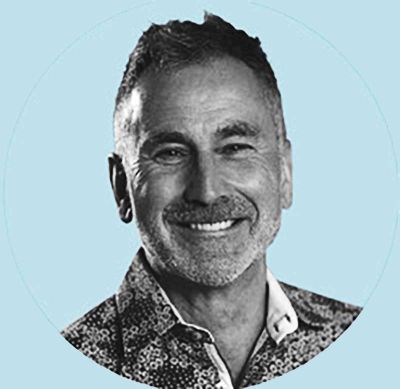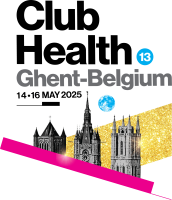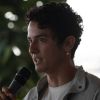Adam R Winstock

Adam is a Consultant Addiction Psychiatrist and Addiction Medicine specialist based in London with diverse clinical and research interests including neurodiversity. He is also Substance Misuse Clinical Advisor NHS England (Health & Justice London) and Honorary Clinical.
Adam is an active clinician, educator and researcher, having published over 200 papers and book chapters on everything from clubbing and drugs, opioid treatment and service delivery to dark net drug markets, health messaging, drug education, sex and drugs, drug policy, cannabis, novel drugs, ketamine, nitrous and psychedelics. He is also founder of the Global Drug Survey and creator of the Staying Safe Program - SSP (www.stayingsafe.university). along with a new programme for parents (www.stayingsafeparents.com). He is passionate about harm reduction and developing effective treatment structures that have people’s needs at their core. He believes honest non-judgemental information delivered with curiosity and credibility is the foundation for people making informed decisions about their health and wellbeing. He likes old school rare grove, funk and 1980s house and garage.
Abstract
Neurodiversity on the dancefloor
Neurodiversity is one of the most unrecognised but increasingly spoken about and misunderstood mental health conditions. Effecting approximately 10% of the population including 4 to 5% of adults it’s not a deficit it’s a different of processing the world outside and within. There is a strong multimodal link between ADHD, particularly when it’s untreated and substance use. The link between neurodiversity and the dance floor is just as complex. There are aspects of neurodiversity that support the creativity and novelty of nightlife economies, and it is likely that there is overrepresentation of dance music artists and promoters with ADHD. Clubbers may find clubbing a safe place, finding solace and anonymity as they meld into the chaos of movement, light and sound, where nonverbal communication trumps the spoken word. But it can overwhelm others. Some find drugs. What can start as hedonistic drug experimentation can end as problem drug use or self-medication. The dancefloor is a place to celebrate difference. People with neurodiversity may thrive in environments better suited to their needs. Inclusive nightlife should bring communities together. Those with ADHD may need specific harm reduction strategies to optimise pleasure and minimise the risk of medication-drug interactions. Empathy for the diverse needs of a neurodivergent population is good for everyone. In this talk I will try to explain why and how we can achieve it. PS I get to wear my psychiatrist’s hat in this one.










